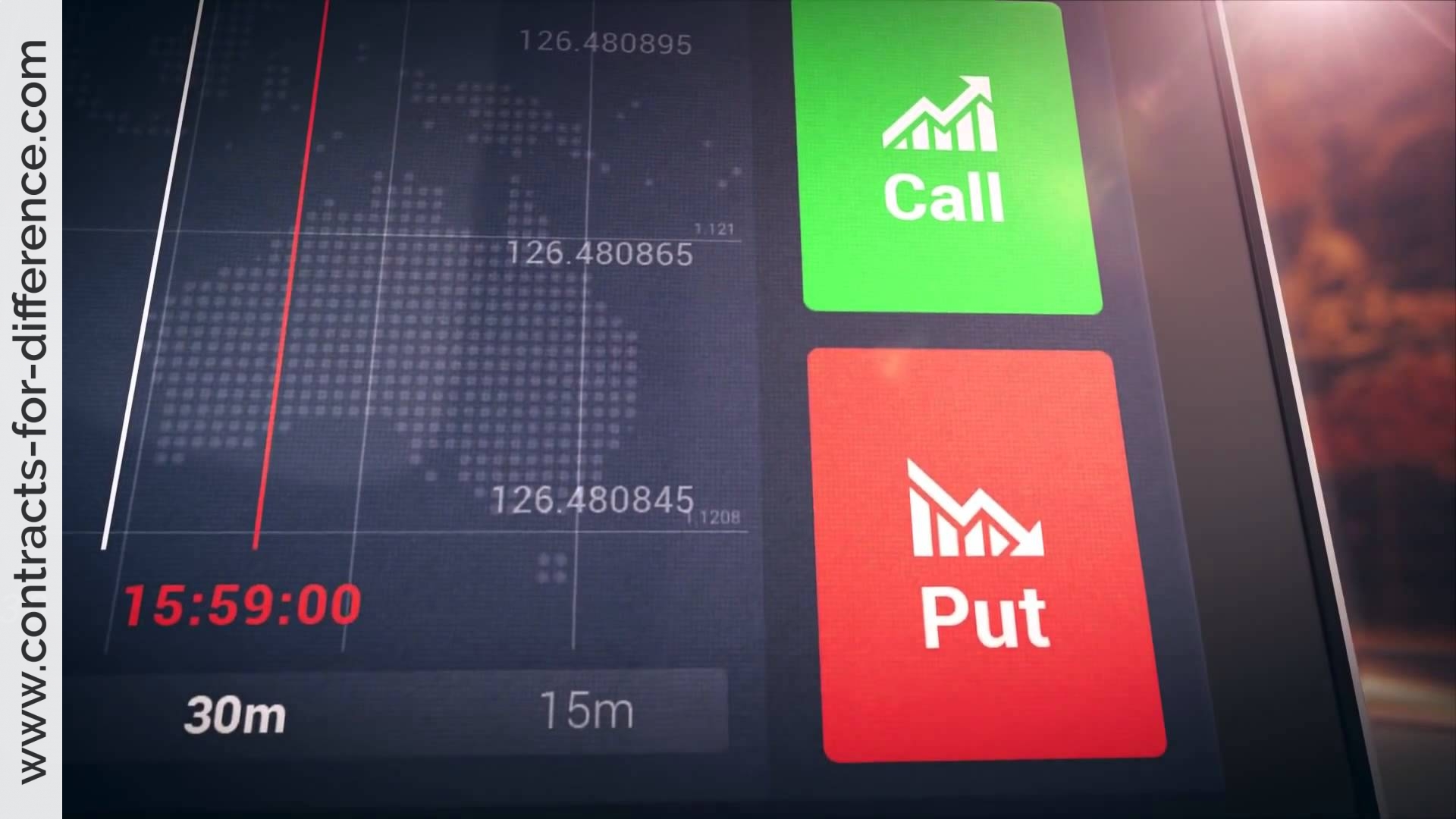Introduction
In the ever-evolving landscape of financial markets, options trading has emerged as a powerful tool for investors seeking to enhance returns and mitigate risks. In New Zealand, the option trading market has gained significant traction in recent years, offering a unique blend of opportunities and challenges. This comprehensive guide will delve into the intricacies of option trading in New Zealand, providing a thorough understanding of its concepts, strategies, and practical applications.

Image: aapleincome.blogspot.com
Understanding Option Trading
An option is a financial contract that grants the holder the right but not the obligation to buy (call option) or sell (put option) an underlying asset, such as stocks, bonds, or currencies, at a predetermined price (strike price) on or before a specified date (expiration date). Options provide investors with flexibility and leverage, allowing them to speculate on the future direction of an asset’s price without having to fully own the asset outright.
Types of Options
In New Zealand, there are two main types of options:
- Call Options: Grant the holder the right to buy the underlying asset.
- Put Options: Grant the holder the right to sell the underlying asset.
Key Concepts
- Premium: The upfront cost paid to purchase an option.
- Strike Price: The predetermined price at which the underlying asset can be bought (call option) or sold (put option).
- Expiration Date: The date on which the option expires and becomes worthless.
- Settlement: The process of exercising an option and receiving (or delivering) the underlying asset.

Image: moneypip.com
Strategies
Option trading involves a wide range of strategies, each tailored to specific market conditions and risk-return profiles. Some common strategies include:
- Bull Call Spread: A strategy designed to profit from a stock’s expected appreciation in price.
- Bear Put Spread: A strategy designed to profit from a stock’s expected decline in price.
- Covered Call: A strategy used to generate income by selling call options against a stock that is owned.
- Protective Put: A strategy used to hedge against potential downside risk in a stock that is owned.
Market Dynamics and Regulations
The New Zealand option trading market is regulated by the Financial Markets Authority (FMA). Local and international brokers offer a range of option trading platforms for investors. Key market dynamics include:
- Liquidity: The NZX Option Market provides moderate liquidity, particularly for the most actively traded stocks.
- Pricing: Option premiums reflect the market’s perception of the underlying asset’s future price and volatility.
- Volatility: Option trading is often used to manage market volatility and speculate on its direction.
Benefits and Risks
Like any financial instrument, option trading comes with both benefits and risks:
Benefits:
- Flexibility: Provides investors with the ability to speculate on the future direction of an asset without fully owning it.
- Leverage: Allows investors to amplify potential returns with limited capital outlay.
- Risk Management: Options can be used to hedge against potential downside risk in existing investments.
Risks:
- Premiums: The cost of purchasing an option can be lost if the option expires worthless.
- Complexity: Option trading involves a steep learning curve and requires an understanding of market dynamics and strategies.
- Time Decay: Option premiums decay over time, reducing the value of the option, especially if the underlying asset’s price does not move in the desired direction.
Expert Insights
“Option trading offers unique opportunities for investors to enhance returns and manage risks, but it’s essential to approach it with a deep understanding of market dynamics and a sound trading plan,” said Dr. Emily Jones, a financial economics professor at the University of Auckland.
Option Trading Nz

Image: www.contracts-for-difference.com
Conclusion
Option trading in New Zealand presents a compelling opportunity for investors seeking to harness the power of derivative instruments. By embracing a comprehensive understanding of option concepts, strategies, and market dynamics, individuals can gain a competitive edge and navigate the complexities of this dynamic market. While risk is inherent, the potential rewards can be substantial for those who approach option trading with knowledge, planning, and a disciplined approach.






